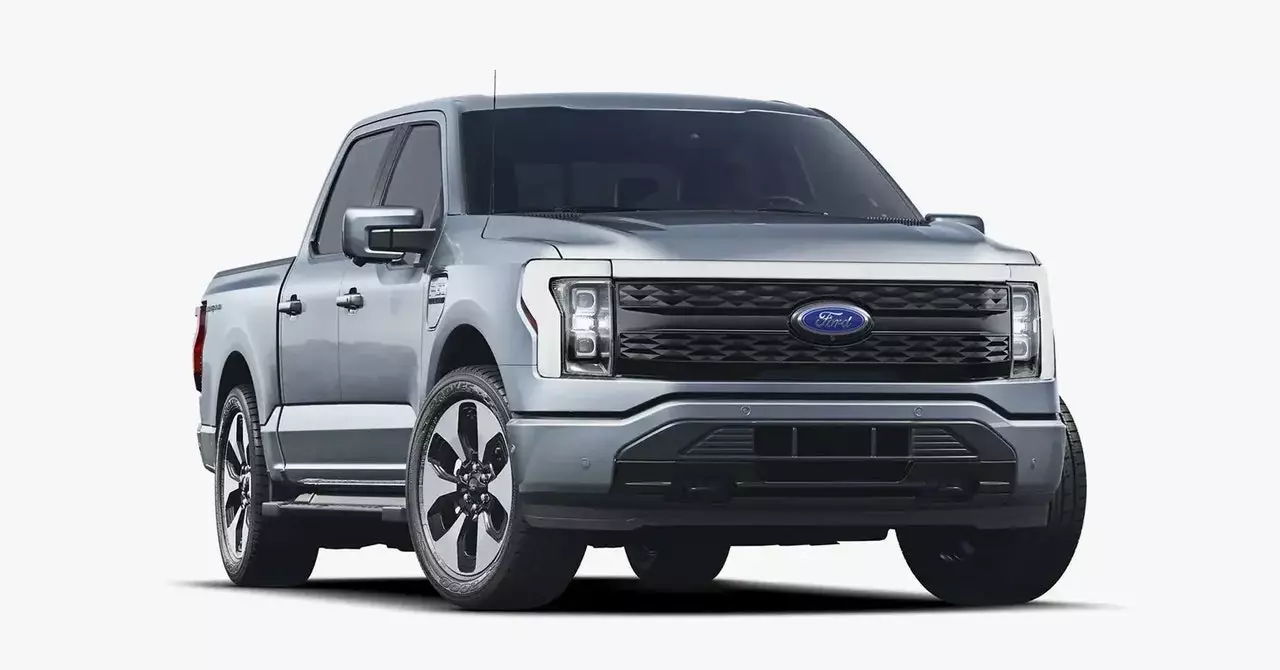The electric vehicle market is facing numerous challenges, with even early adopters and those looking to reduce their CO2 emissions hesitant due to the high depreciation rates of some EVs in their first year, which can reach up to 50 percent. Automakers are also feeling the pressure to adapt to the changing landscape of the industry. For example, Ford recently announced that it will be making changes to its rollout of pure electric vehicles in order to create a more capital-efficient and profitable electric vehicle business.
One of the reasons behind Ford’s decision to adjust its electric vehicle strategy is the competitive advantage that Chinese automakers hold. These automakers have advantaged cost structures, including vertical integration, low-cost engineering, multi-energy advanced battery technology, and digital experiences. This has put pressure on traditional automakers to reevaluate their strategies and offerings in the electric vehicle market.
In response to the challenges in the electric vehicle market, Ford has made significant changes to its electric vehicle lineup. For example, the company has decided to discontinue its three-row SUV and delay the launch of a next-generation pickup truck. These changes are part of Ford’s efforts to minimize losses resulting from its previous ambitious EV plans. Ford is now focusing on understanding customer needs and providing them with a range of electrification options, including full battery electric vehicles and hybrid technologies.
Ford’s CEO, Jim Farley, has emphasized the importance of profitability in the electric vehicle market. The company has stated that it will not launch any new EVs unless they can be profitable within 12 months. This shift in strategy is driven by the increasing number of electric vehicle choices entering the market and rising compliance requirements. Ford is also working on developing multiple hybrid technologies and exploring other powertrain options to meet customer demands and ensure profitable growth.
Ford is adjusting its vehicle roadmap to offer a variety of electrification options in North America, including lower prices and longer ranges. The company plans to introduce multiple electric vehicles in Europe this year, as well as delaying the production of its T3 electric truck to the second half of 2027. Additionally, Ford is working on an all-new, fully electric commercial van that is expected to begin production in 2026 in Ohio. Despite the focus on electric vehicles, Ford will continue to provide gas and diesel vehicles to meet customer demand.
Ford is not the only automaker facing challenges in the electric vehicle market. Other companies, such as General Motors and Honda, have also had to pivot their strategies in response to changing market dynamics. General Motors and Honda decided to ditch a plan to codevelop low-cost EVs last year, with GM shifting its focus to prioritize hybrids. These changes highlight the competitive and rapidly evolving nature of the electric vehicle market.
Automakers are facing significant challenges in the electric vehicle market, including high depreciation rates, competitive pressures, and the need to ensure profitability. Companies like Ford are making strategic changes to their electric vehicle offerings to adapt to these challenges and remain competitive in an evolving industry landscape. The success of automakers in the electric vehicle market will depend on their ability to innovate, meet customer needs, and navigate the complexities of the rapidly changing market dynamics.

